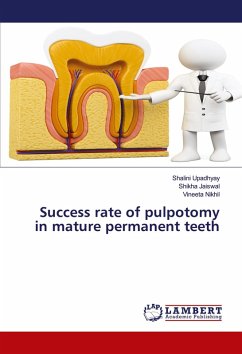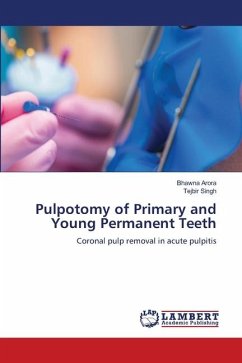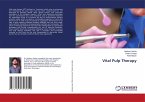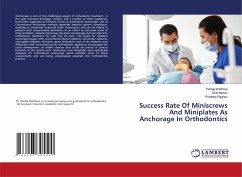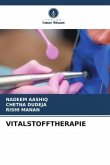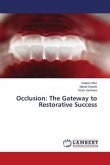Regeneration of tissues rather than replacement with artificial substitutes is an emerging and exciting field in the health sciences. Previously endodontic treatment concepts were based on the removal of inflamed or necrotic pulp tissue and replacement by a synthetic biomaterial/Root canal treatments. However, the traditional RCT have their own drawbacks and maybe related with a certain risk of failure. Excessive tooth tissue cutting in RCT and loss of vitality may lead to insufficient tooth resistance, resulting in the occurrence of tooth fracture.[2] With the development of oral materials and equipment and the deepening of basic oral research, Gutmann[3] has successively put forward the concept of minimally invasive endodontics (MIE) which advocates the preservation of healthy dentin as much as possible. At the same time, histological and microbiological studies have found that the inflammation and microbial infection of irreversible pulpitis may only exist in the local pulp tissue near the lesions and do not involve the entire pulp.[4] A few millimeters away from the infected, necrotic pulp, the pulp tissue is usually free of inflammation and bacteria.
Bitte wählen Sie Ihr Anliegen aus.
Rechnungen
Retourenschein anfordern
Bestellstatus
Storno

